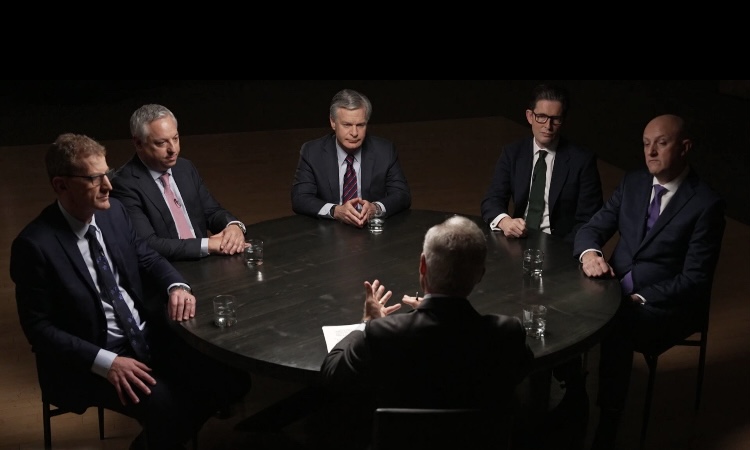
Last summer, parliament rushed through a bill amending the laws governing the Canadian Security Intelligence Service (CSIS), allowing the spy agency to share sensitive information with major corporations. The move was justified by the claim that it would help prevent threats to “essential infrastructure” (read: pipelines). The bill also created new criminal offences around the “sabotage” of said infrastructure (read: protesting pipelines).
This was unprecedented—historically, CSIS rarely shared intelligence with other governments, much less private companies.
So what prompted such a dramatic change? It turns out, if a company wants state intelligence services to funnel information to it, all they need to do is ask nicely.
Documents recently obtained by The Narwhal show that the proposal came from TC Energy, a major pipeline company. when they directly approached then-director of CSIS David Vigneault in February 2024. Sources say that Vigneault received the proposal warmly, promising a TC executive that he would “advance our shared interests.” Later, he encouraged TC Energy and the Business Council of Canada to present the plan to Parliament. Less than six months after the initial proposal, legislation was passed.
No wonder the current Business Council president calls Vigneault a “dear friend”.
Environmentalists have decried the revelation. Considering that CSIS already has a history of spying on them, they’re correct to be concerned.
For example, Keith Stewart, Senior Energy Strategist at Greenpeace Canada, said, “Canada’s spy agency should be protecting people, not cutting deals with Big Oil. This intelligence sharing blurs the line between public security and corporate interests and risks putting Indigenous land defenders and climate activists under increasingly invasive surveillance for peacefully opposing fossil fuel expansion.”
But Stewart is mistaken. There is no “blurred line” here; the line doesn’t exist, and never has. The newly uncovered communications show that the tops of Canadian intelligence agencies recognize that their interests and those of corporate Canada are the same. And there is no “risk” of targeting activists—targeting activists is entirely the point. And state forces certainly don’t exist to “protect people”.
Lenin defined the state as “armed bodies of men in defence of private property”—and here we see CSIS agents in defence of resource extraction companies. In normal times, the ruling class can disguise the nature of the state; but at the end of the day, it is a tool for the oppression of the exploited by the exploiters—a fact that TC Energy is clearly aware of.

